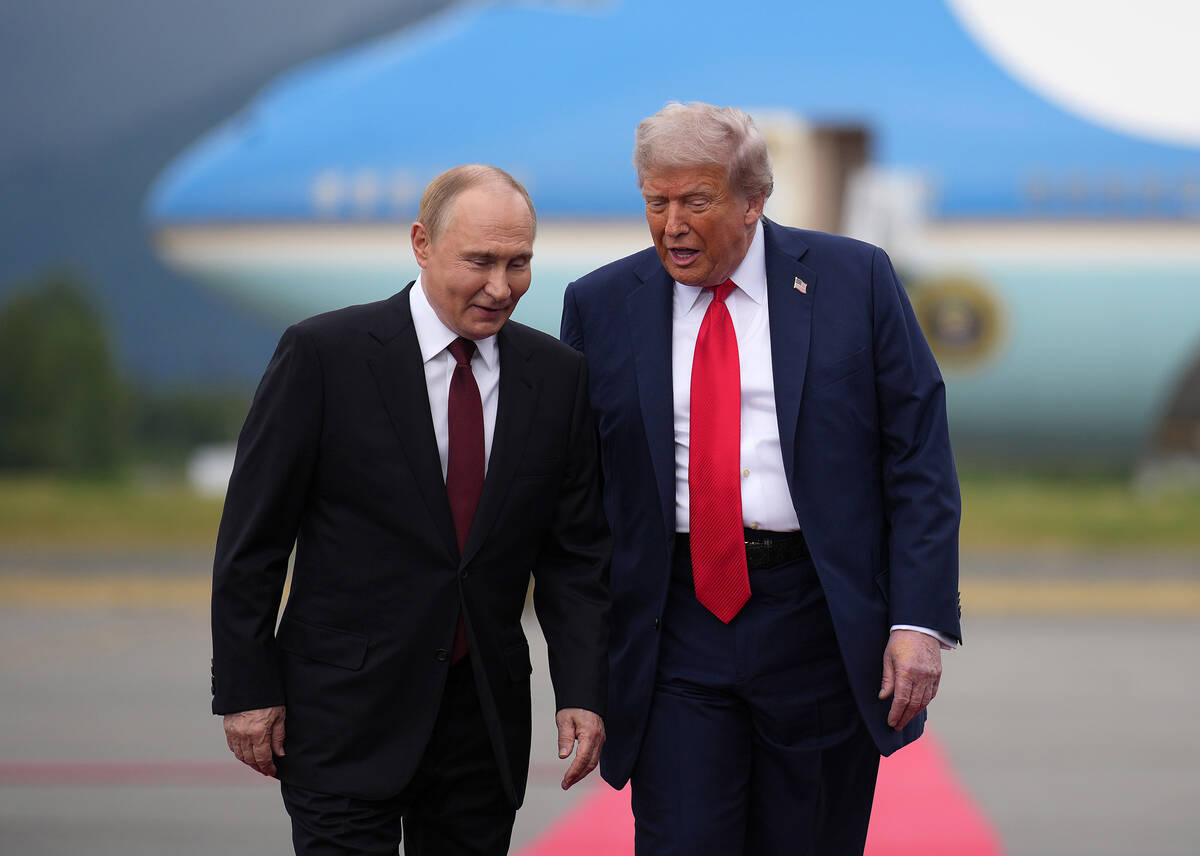President Donald Trump faced intense scrutiny following his recent summit with Vladimir Putin in Alaska, where many observers criticized the American leader for appearing to endorse aggressive tactics against democratic nations. The meeting has sparked a debate about U.S. foreign policy, particularly regarding its support for Ukraine amid ongoing conflict with Russia.
During the summit, Trump rolled out a red carpet for Putin, signaling a willingness to overlook the Russian leader’s controversial history, including accusations of war crimes. This relationship has raised alarm, especially as Ukraine continues to defend itself against a significantly larger aggressor. Critics argue that Trump’s actions send a troubling message about the United States’ stance on international aggression.
In the wake of this summit, media coverage has focused on potential outcomes for Ukraine, such as the possibility of ceding territory and negotiating for “security assurances” while maintaining NATO membership. Notably absent from these discussions has been a critical examination of Trump’s apparent appeasement of Putin and the implications of a failed policy that has seen numerous deadlines pass without tangible consequences.
The president’s shift in rhetoric regarding Ukraine’s sovereignty has not gone unnoticed. Trump’s statement that “it’s up to Zelenskyy” to decide the future of the conflict has drawn ire, as critics assert that it is fundamentally the responsibility of the U.S. president to take a firm stance against aggression. Many argue that to effectively support Ukraine, a consistent policy of increasing military aid and imposing economic sanctions on Russia is essential.
As discussions surrounding the summit continue, the Republican Party’s response has largely been muted. This contrasts sharply with the party’s vocal criticism of former President Barack Obama when he opted not to intervene militarily in Syria following the use of chemical weapons. At the time, many Republicans decried this as a loss of American credibility on the world stage.
The current situation raises pressing questions about the United States’ commitment to democratic values and the importance of standing firm against authoritarianism. With Trump’s approach to international relations seemingly shifting towards appeasement, the historical and strategic policies that once defined U.S. foreign engagement appear to be in jeopardy.
The implications of this summit extend beyond immediate diplomatic relations, potentially impacting global perceptions of American leadership. As the U.S. navigates its role in international affairs, the consequences of these actions may resonate for years to come, influencing both allies and adversaries alike.
